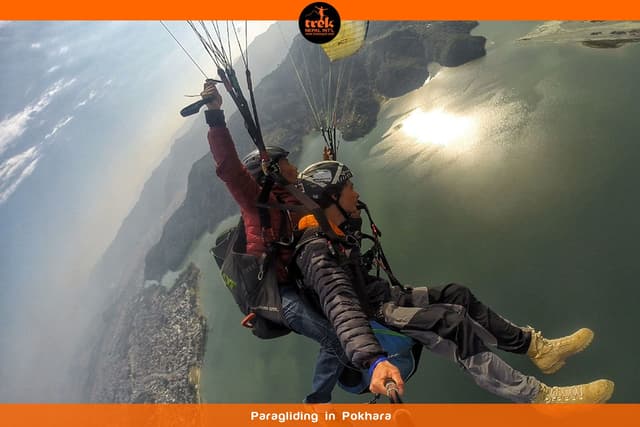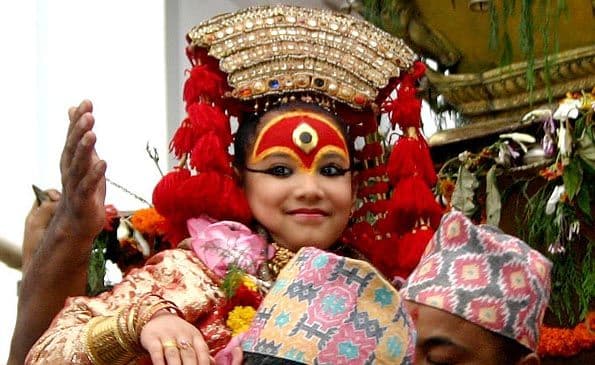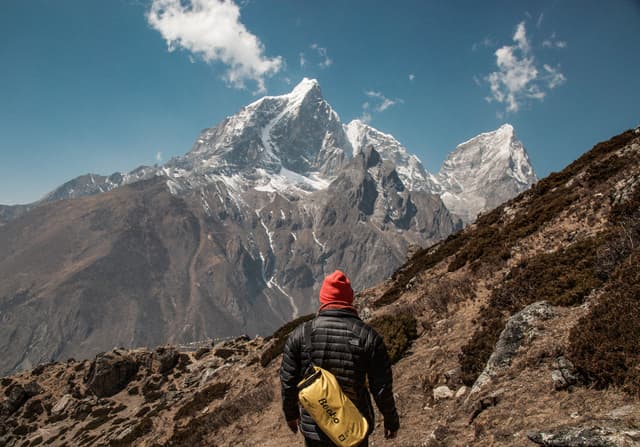Health Tips
General Health
When visiting Nepal one should be aware of the health and safety concerns. Due to the varied climate and weather, taking care of one’s health becomes a top priority. Practicing hygienic habits, making sure food, water, and sanitation of restaurants and teahouses are good, and being aware of one surroundings helps to prevent and ward off illness that may come from traveling to a foreign land.
Stomach issues are one of the more common problems found in Nepal. Most bodies adjust quickly and a mild case of tummy trouble can be waited out without the need for medication. We live in the age of mega-antibiotics, which do great jobs at clearing up more severe problems (consult with your doctor at home which ones he/she recommends). Certain immunizations are crucial. Most countries have a national board that recommends the proper jobs for all countries based on what is endemic. Your doctor at home can check and administer the proper shots before your departure. Malaria is endemic only in small lowland areas of Nepal (in and either side of the monsoon). Doctor differ on prescribing. Most people are in Nepal without Malarial prophylaxis, and without any problem whatsoever – and that is Trek Nepal’s recommendation. HOWEVER, your heath is your concern maybe this needs a discussion with your doctor.
AMS (Acute Mountain Sickness)
Some degree of altitude sickness may occasionally occur at or around 3,000m+. Trek Nepal Int’l take a great care with altitude acclimatization and all off Trek Nepal Int’l guides are able to respond quickly to symptoms, healing, immediate rescue and helicopter evacuation (best reason for good personal travel insurance) ), if such instances arise.
Local Clinic
Nepal holds some world renowned tropical diseases and travel medicine clinics like CIEWC CLINIC ( https://ciwec-clinic.com). It is a private clinic that does take health insurance. It charges western prices for their services, which we would direct (or escort) you to.
Food & Drinking
On Our treks at Trek Nepal Int’l we boil or sterilize drinking water. WE DO NOT supply plastic bottled water and do not recommend doing this either. This adheres to the environmental code of discouraging disposable non biodegradable containers in natural settings. All water should be regarded as potentially contaminated. Water used for drinking, brushing teeth or making ice should have first been boiled or sterilized. Milk is unpasteurized and should be boiled. Powdered or tinned milk is available and advised. Avoid dairy products likely to have been made from un-boiled milk. Only eat well-cooked meat and fish. Vegetables should be cooked and fruit peeled.
Planning a trip to Nepal?
Get some help from our travel experts.
OR
Directly talk with our local travel experts.

Nepal Adventure, Trek Nepal Int'l
4/26/2024
Nepal is a land of topographical diversities crossed by high mountains and turbulent rivers with a mosaic of diverse ethnic groups with their own distinct cultures. This tour has been carefully designed to provide an unforgettable experience, tailored to e...
Read more
Kumari - The Living Goddess
4/23/2024
Seated royally on her throne, she’s possessed, chosen, and worshipped the Kumari. At a tender age, she holds responsibilities of granting the wishes of thousands praying to her, of protecting all those around her and trading her childhood for the fulfillme...
Read more
The History of Trekking in Nepal
12/21/2023
As trekking in Nepal evolved over the decades, it not only became more accessible but also underwent significant changes in terms of infrastructure, information dissemination, and safety measures. The transformation of trekking from a local means of transp...
Read more

